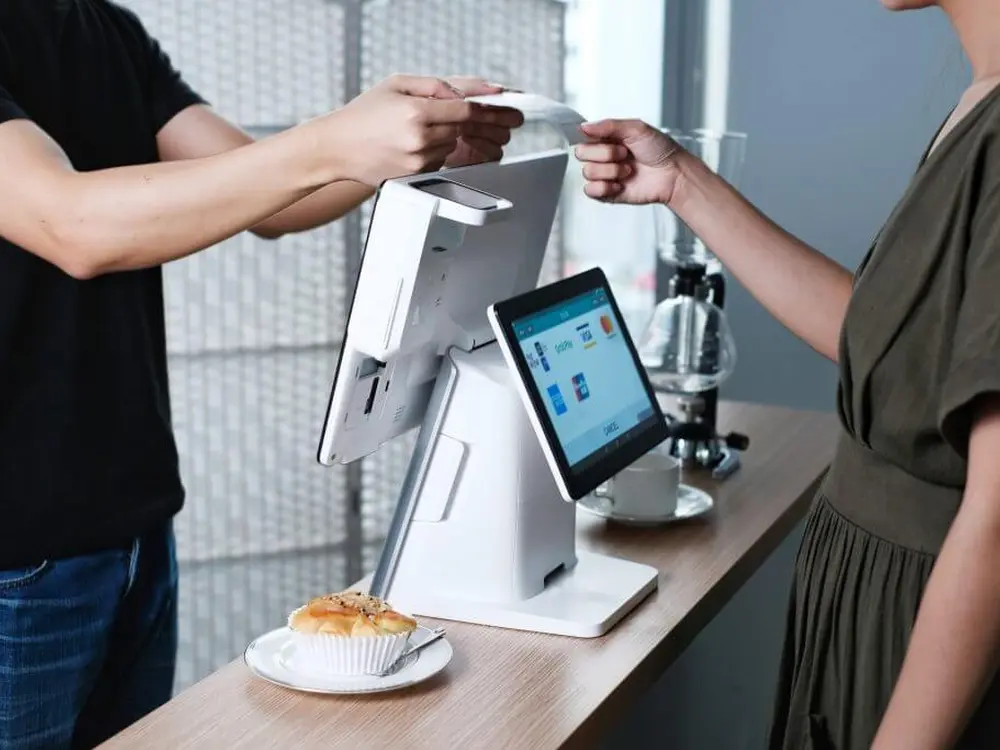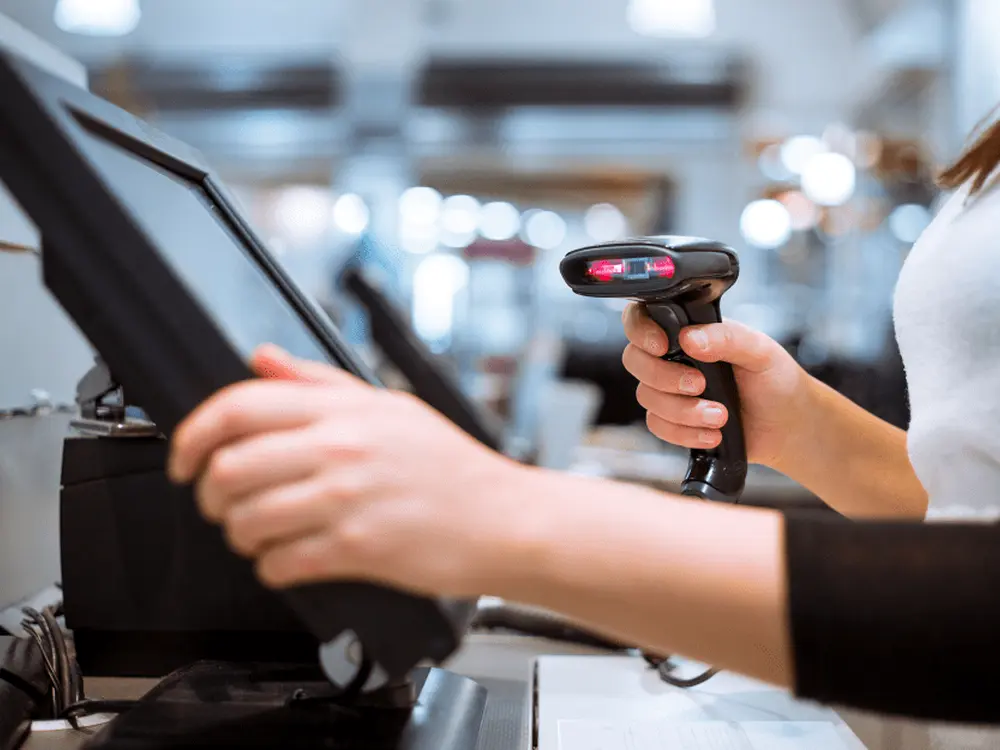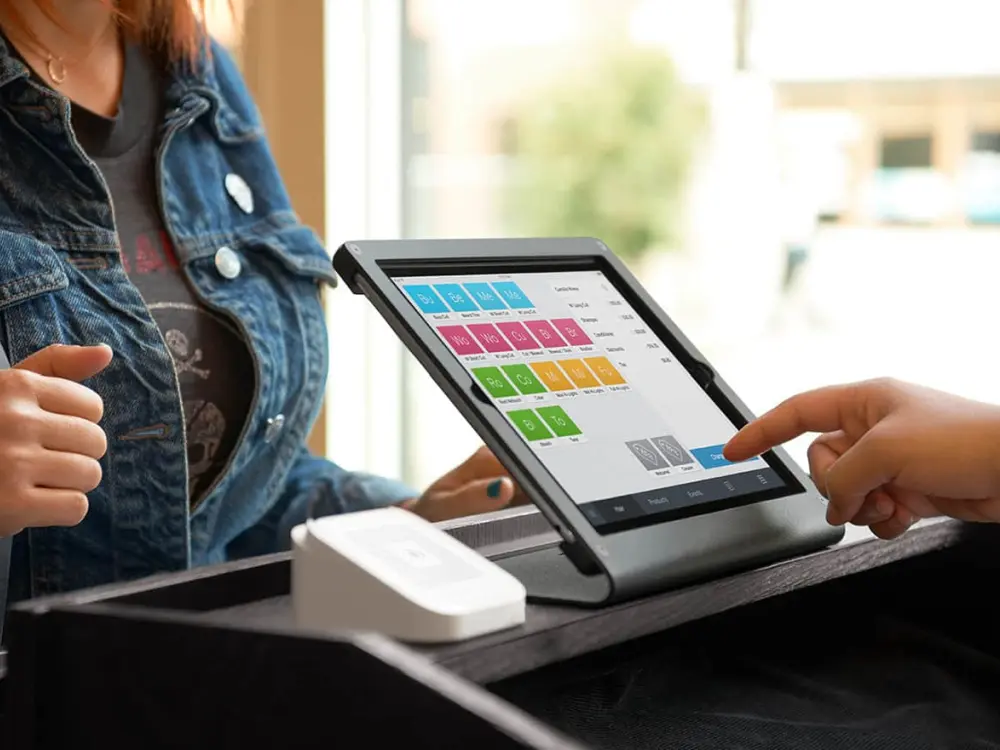In today’s competitive retail landscape, businesses are constantly seeking ways to improve efficiency, enhance customer experiences, and drive profitability. One of the most transformative tools in achieving these goals is the Point of Sale (POS) system. This blog explores the evolution of POS systems, their benefits, and their impact on modern retail operations.

Understanding POS Systems
A POS system is a combination of hardware and software that allows businesses to manage transactions, track inventory, process payments, and generate reports. From traditional cash registers to cloud-based solutions, POS systems have evolved significantly, offering businesses of all sizes the ability to streamline operations and improve decision-making.

Streamlining Operations and Enhancing Efficiency
One of the primary benefits of POS systems is their ability to streamline operations within retail environments. By automating tasks such as inventory management, sales tracking, and employee scheduling, POS systems reduce the administrative burden on staff, allowing them to focus more on customer service and sales. Real-time data analytics provided by POS systems also enable businesses to make informed decisions regarding pricing, promotions, and inventory restocking.

Enhancing Customer Experiences
POS systems play a crucial role in enhancing customer experiences by speeding up transactions and improving service efficiency. Integrated customer relationship management (CRM) features allow businesses to personalize interactions based on customer purchase history and preferences, fostering loyalty and repeat business. Features such as mobile payments and omnichannel integration further enhance convenience and accessibility for customers, driving satisfaction and retention.
Driving Business Growth and Insights
Beyond operational efficiency and customer satisfaction, POS systems provide valuable insights that help businesses drive growth. Detailed sales reports, inventory trends, and performance analytics empower retailers to identify top-selling products, optimize stocking levels, and forecast demand accurately. These insights enable strategic decision-making and support business expansion efforts, ensuring sustainable growth in a competitive market.
Security and Compliance
POS systems also enhance security and compliance measures within retail environments. Advanced encryption technologies protect sensitive customer data during transactions, reducing the risk of fraud and unauthorized access. Compliance features ensure adherence to industry regulations and standards, providing peace of mind for both businesses and customers alike.
Scalability and Adaptability
Whether a small boutique or a large chain of stores, POS systems offer scalability and adaptability to meet evolving business needs. Cloud-based POS solutions, in particular, allow businesses to easily add new locations, integrate additional functionalities, and update software without significant upfront costs or IT infrastructure investments. This flexibility ensures that businesses can adapt quickly to market changes and customer expectations.
Conclusion
As retail continues to evolve in response to technological advancements and changing consumer behaviors, POS systems remain indispensable tools for driving operational efficiency, enhancing customer experiences, and fostering business growth. By leveraging the capabilities of POS systems, retailers can optimize their operations, strengthen their competitive edge, and ultimately thrive in a dynamic and competitive marketplace.

